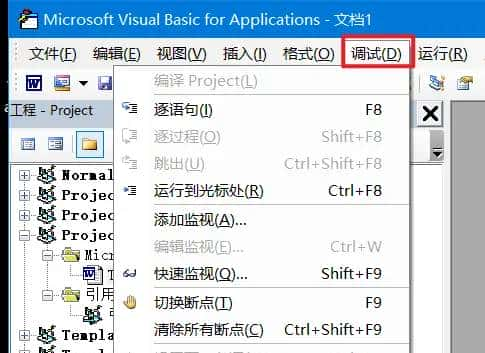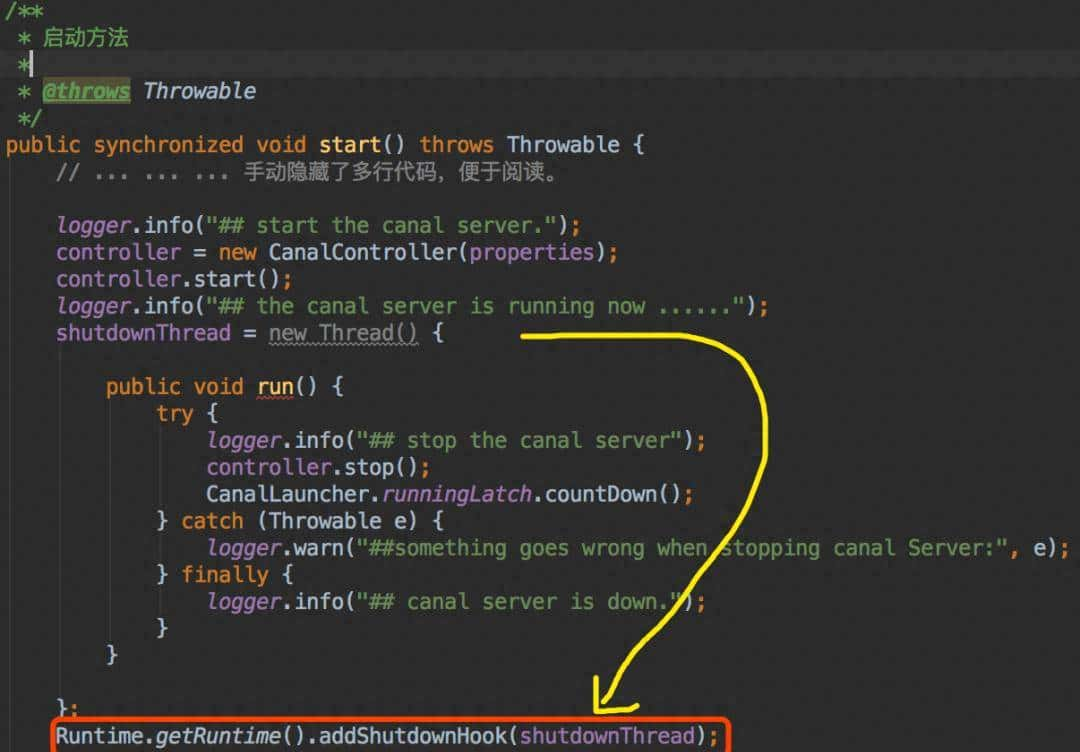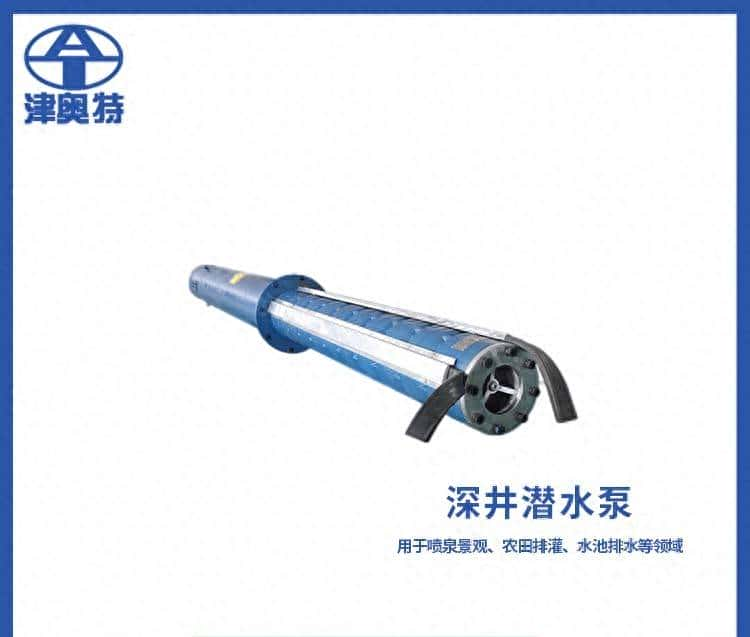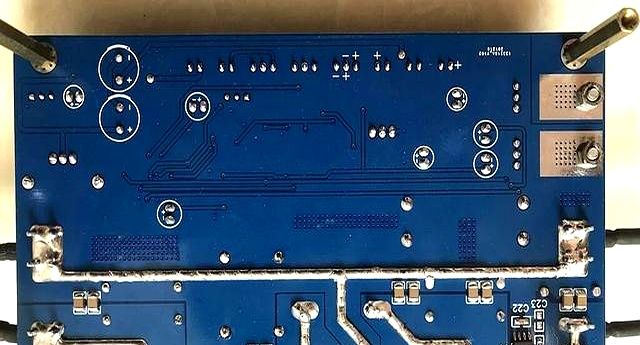junct,join=join, 表明“结合,连接”的含义
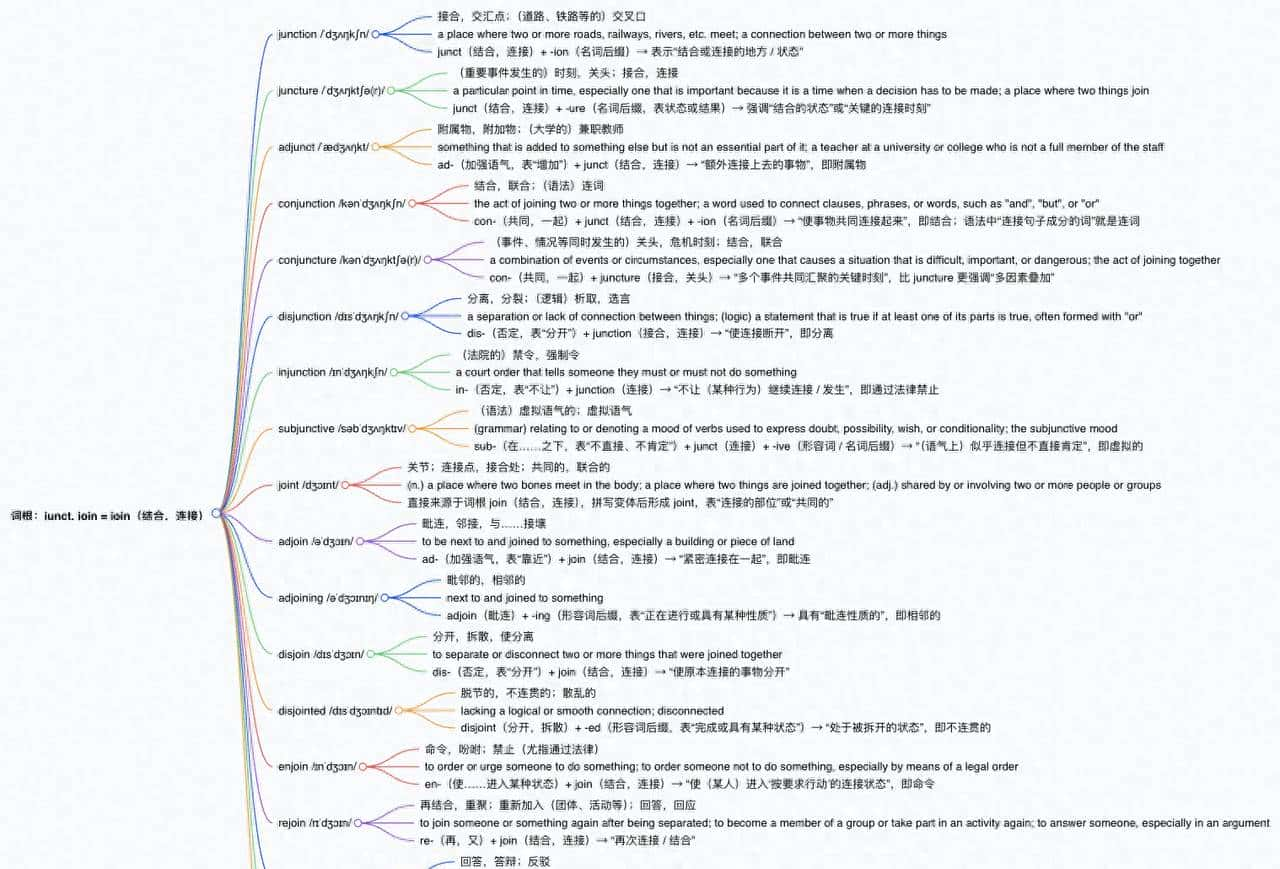
- junction /ˈdʒʌŋkʃn/
** 中文释义:接合,交汇点;(道路、铁路等的)交叉口。
** 英文释义:a place where two or more roads, railways, rivers, etc. meet; a connection between two or more things.
** 构词:junct(结合,连接)+ -ion(名词后缀)→ 表明 “结合或连接的地方 / 状态”。
** 例句:The accident happened at the junction of Main Street and Oak Avenue.(事故发生在主街和橡树大道的交叉口。) - juncture /ˈdʒʌŋktʃə(r)/
** 中文释义:(重大事件发生的)时刻,关头;接合,连接。
** 英文释义:a particular point in time, especially one that is important because it is a time when a decision has to be made; a place where two things join.
** 构词:junct(结合,连接)+ -ure(名词后缀,表状态或结果)→ 强调 “结合的状态” 或 “关键的连接时刻”。
** 例句:We are at a critical juncture in the company's development.(我们正处于公司发展的关键关头。) - adjunct /ˈædʒʌŋkt/
** 中文释义:附属物,附加物;(大学的)兼职教师。
** 英文释义:something that is added to something else but is not an essential part of it; a teacher at a university or college who is not a full member of the staff.
** 构词:ad-(加强语气,表 “增加”)+ junct(结合,连接)→ “额外连接上去的事物”,即附属物。
** 例句:The computer is now an essential adjunct to the modern office.(电脑目前是现代办公室必不可少的附属设备。) - conjunction /kənˈdʒʌŋkʃn/
** 中文释义:结合,联合;(语法)连词。
** 英文释义:the act of joining two or more things together; a word used to connect clauses, phrases, or words, such as “and”, “but”, or “or”.
** 构词:con-(共同,一起)+ junct(结合,连接)+ -ion(名词后缀)→ “使事物共同连接起来”,即结合;语法中 “连接句子成分的词” 就是连词。
** 例句:The conjunction of low inflation and low unemployment is rare in economic history.(低通胀与低失业率同时出现的情况在经济史上很罕见。) - conjuncture /kənˈdʒʌŋktʃə(r)/
** 中文释义:(事件、情况等同时发生的)关头,危机时刻;结合,联合。
** 英文释义:a combination of events or circumstances, especially one that causes a situation that is difficult, important, or dangerous; the act of joining together.
** 构词:con-(共同,一起)+ juncture(接合,关头)→ “多个事件共同汇聚的关键时刻”,比 juncture 更强调 “多因素叠加”。
** 例句:The government had to act quickly in response to the conjuncture of natural disasters and economic crisis.(面对自然灾害与经济危机同时发生的危急时刻,政府必须迅速采取行动。) - disjunction /dɪsˈdʒʌŋkʃn/
** 中文释义:分离,分裂;(逻辑)析取,选言。
** 英文释义:a separation or lack of connection between things; (logic) a statement that is true if at least one of its parts is true, often formed with “or”.
** 构词:dis-(否定,表 “分开”)+ junction(接合,连接)→ “使连接断开”,即分离。
** 例句:There is a clear disjunction between the company's public promises and its actual actions.(公司的公开承诺与实际行动之间存在明显脱节。) - injunction /ɪnˈdʒʌŋkʃn/
** 中文释义:(法院的)禁令,强制令。
** 英文释义:a court order that tells someone they must or must not do something.
** 构词:in-(否定,表 “不让”)+ junction(连接)→ “不让(某种行为)继续连接 / 发生”,即通过法律禁止。
** 例句:The judge issued an injunction to stop the company from dumping waste into the river.(法官下达禁令,禁止该公司向河流倾倒废物。) - subjunctive /səbˈdʒʌŋktɪv/
** 中文释义:(语法)虚拟语气的;虚拟语气。
** 英文释义:(grammar) relating to or denoting a mood of verbs used to express doubt, possibility, wish, or conditionality; the subjunctive mood.
** 构词:sub-(在…… 之下,表 “不直接、不肯定”)+ junct(连接)+ -ive(形容词 / 名词后缀)→ “(语气上)似乎连接但不直接肯定”,即虚拟的。
** 例句:In English, we use the subjunctive in sentences like “I wish I were taller”.(在英语中,我们在 “我希望我能高一点” 这类句子中使用虚拟语气。) - joint /dʒɔɪnt/
** 中文释义:关节;连接点,接合处;共同的,联合的。
** 英文释义:(n.) a place where two bones meet in the body; a place where two things are joined together; (adj.) shared by or involving two or more people or groups.
** 构词:直接来源于词根 join(结合,连接),拼写变体后形成 joint,表 “连接的部位” 或 “共同的”。
** 例句:She injured her knee joint while playing basketball.(她打篮球时伤到了膝关节。)/ They launched a joint project to protect the environment.(他们联合发起了一个环保项目。) - adjoin /əˈdʒɔɪn/
** 中文释义:毗连,邻接,与…… 接壤。
** 英文释义:to be next to and joined to something, especially a building or piece of land.
** 构词:ad-(加强语气,表 “靠近”)+ join(结合,连接)→ “紧密连接在一起”,即毗连。
** 例句:Our house adjoins a small park, so we can walk there easily.(我们的房子紧挨着一个小公园,所以去那里很方便。) - adjoining /əˈdʒɔɪnɪŋ/
** 中文释义:毗邻的,相邻的。
** 英文释义:next to and joined to something.
** 构词:adjoin(毗连)+ -ing(形容词后缀,表 “正在进行或具有某种性质”)→ 具有 “毗连性质的”,即相邻的。
** 例句:We asked for adjoining rooms so that the children could be close by.(我们要了相邻的房间,这样孩子们就能离得近一些。) - disjoin /dɪsˈdʒɔɪn/
** 中文释义:分开,拆散,使分离。
** 英文释义:to separate or disconnect two or more things that were joined together.
** 构词:dis-(否定,表 “分开”)+ join(结合,连接)→ “使原本连接的事物分开”。
** 例句:The machine can disjoin the metal parts without damaging them.(这台机器能将金属零件拆开而不损坏它们。) - disjointed /dɪsˈdʒɔɪntɪd/
** 中文释义:脱节的,不连贯的;散乱的。
** 英文释义:lacking a logical or smooth connection; disconnected.
** 构词:disjoint(分开,拆散)+ -ed(形容词后缀,表 “完成或具有某种状态”)→ “处于被拆开的状态”,即不连贯的。
** 例句:His speech was disjointed and hard to follow.(他的演讲毫无逻辑,让人难以理解。) - enjoin /ɪnˈdʒɔɪn/
** 中文释义:命令,吩咐;禁止(尤指通过法律)。
** 英文释义:to order or urge someone to do something; to order someone not to do something, especially by means of a legal order.
** 构词:en-(使…… 进入某种状态)+ join(结合,连接)→ “使(某人)进入‘按要求行动’的连接状态”,即命令。
** 例句:The doctor enjoined her to rest for at least a week.(医生嘱咐她至少休憩一周。) - rejoin /rɪˈdʒɔɪn/
** 中文释义:再结合,重聚;重新加入(团体、活动等);回答,回应。
** 英文释义:to join someone or something again after being separated; to become a member of a group or take part in an activity again; to answer someone, especially in an argument.
** 构词:re-(再,又)+ join(结合,连接)→ “再次连接 / 结合”。
** 例句:After spending a year abroad, she rejoined her family in Paris.(在国外待了一年后,她回到巴黎与家人团聚。)/ He didn’t hesitate to rejoin the debate.(他毫不犹豫地重新加入了辩论。) - rejoinder /rɪˈdʒɔɪndə(r)/
** 中文释义:回答,答辩;反驳。
** 英文释义:a reply, especially a sharp or witty one; an answer to an argument.
** 构词:re-(反,回)+ join(结合,连接)+ -der(名词后缀,表 “行为或结果”)→ “反过来‘接’话”,即回应或答辩。
** 例句:Her rejoinder to his criticism was both calm and persuasive.(她对他的批评的回应既冷静又有说服力。) - subjoin /səbˈdʒɔɪn/
** 中文释义:(在末尾)添加,增补(文字、评论等)。
** 英文释义:to add something, especially a comment or piece of writing, at the end of something else.
** 构词:sub-(在…… 下面,表 “补充”)+ join(结合,连接)→ “在主体内容下面再连接补充内容”,即增补。
** 例句:The author subjoined a note explaining the historical background of the story.(作者在文末补充了一条注释,解释故事的历史背景。) - conjunctional /kənˈdʒʌŋkʃənl/
** 中文释义:结合的,联合的;(语法)连词的。
** 英文释义:relating to the act of joining things together; (grammar) relating to a conjunction.
** 构词:conjunction(结合,连词)+ -al(形容词后缀,表 “与…… 相关的”)→ 与 “结合” 或 “连词” 相关的。
** 例句:The two teams worked in conjunctional effort to complete the task.(两支队伍通力合作完成了这项任务。)
一、词根关联记忆法
- 核心词根绑定:
将 “junct” 和 “join” 直接与 “结合、连接” 的含义绑定,所有派生词均围绕这一核心展开 —— 要么是 “正向连接”(如 join, adjoin, conjunction),要么是 “反向分离”(如 disjoin, disjunction),要么是 “特殊方式的连接”(如 subjunctive “虚拟的连接”、rejoin “再次连接”)。 - 前缀辅助区分:
通过前缀快速判断词义方向:
表 “共同 / 加强”:con-(conjunction 联合)、ad-(adjoin 毗连);
表 “否定 / 分离”:dis-(disjoin 分开)、in-(injunction 禁令,“不让连接”);
表 “再 / 又”:re-(rejoin 重聚);
表 “补充 / 下方”:sub-(subjunctive 虚拟,subjoin 增补)。
二、易混淆单词辨析
- junction vs. juncture:
前者侧重 “物理上的连接点”(如道路、铁路交叉口);
后者侧重 “时间上的关键节点”(如发展关头、危机时刻),也可表 “物理连接” 但使用频率低于 junction。 - conjunction vs. conjuncture:
前者日常使用更广泛,可表 “事物的结合” 或 “语法连词”;
后者更正式,特指 “多个事件同时发生的危急 / 关键时刻”(如经济危机与自然灾害叠加的 conjuncture)。 - injunction vs. enjoin:
二者均与 “命令、禁止” 相关,injunction 是名词(法院禁令),enjoin 是动词(命令或禁止),搭配为 “issue an injunction”(下达禁令)、“enjoin sb. to do/not do sth.”(命令某人做 / 不做某事)。
三、用法注意点
- joint 的多词性:
作为名词可表 “关节”“连接点”,作为形容词表 “共同的”,常见搭配有 “joint effort”(共同努力)、“joint venture”(合资企业),需根据语境判断词性。 - subjunctive 的语法特殊性:
仅用于表达 “虚拟、假设、愿望” 等非真实语气(如 “If I were you…”),不可用于陈述实际的句子中,需注意其语法场景限制。 - rejoin 的多含义:
除 “重聚、重新加入” 外,还可表 “回应、答辩”,需结合语境区分(如 “rejoin the team” 是 “重新加入团队”,“rejoin the argument” 是 “回应辩论”)。
© 版权声明
文章版权归作者所有,未经允许请勿转载。
相关文章

暂无评论...

